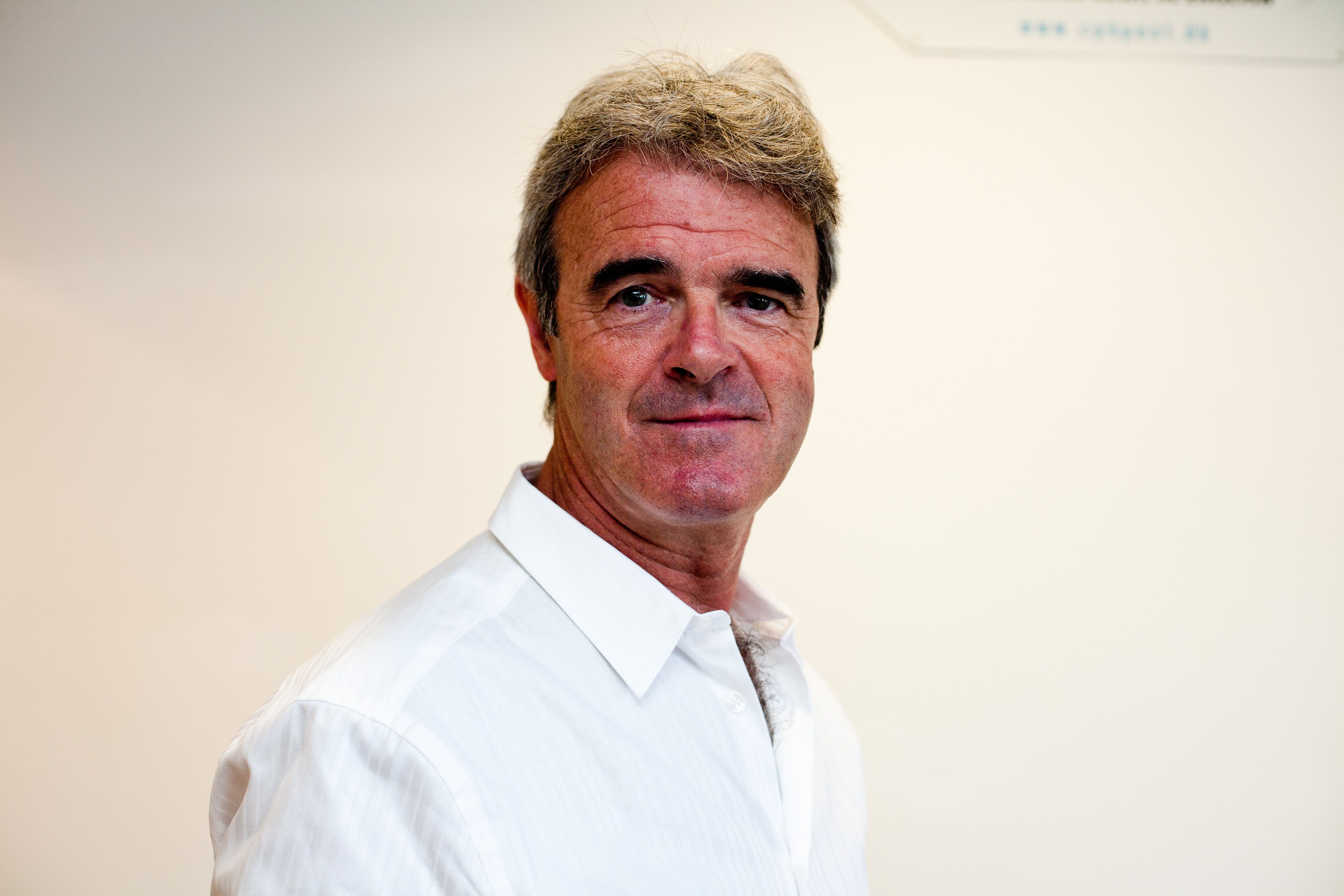Why do we dislike whistle-blowers so much, I wonder?
There seems to be a general misplaced feeling that whistle-blowers are somehow being disloyal to their masters: of biting the hand that feeds them.
We need whistle-blowers to wake us up to dreadful things being done. Without them, people in positions of power can act with impunity or, rather, think they can.
The latest disgusting scandal in the hospital in Colchester in England where figures were deliberately doctored to suit managers’ ‘targets’ would not have come to light if a few souls, lower down in the food chain, hadn’t taken the courageous step of trying to do something about it.
Apparently they received all sorts of threats with assertions that certain decisions had nothing to do with them, and that they should carry on doing their jobs or risk losing them. So here we have yet another example of British bullies and liars in positions of power. Not a healthy combination in my humble opinion. This deception has caused unnecessary suffering for cancer patients for heaven’s sake, young and old. I think that instead of simply sacking these people, they ought to face criminal charges. I say a big thank you to whistle-blowers. Keep whistling say I.
Whistle-blowers conjure up images of lines of soldiers following a whistle as they climbed out of the trenches to run towards almost certain death in the First World War. Last Sunday’s remembrance of all those people that died is always one of the most poignant and moving days in the calendar. Lest we forget indeed. Next year marks the 100th anniversary of this carnage and we’ll be producing a play next season by British-based, Danish comedian and writer Sandi Toksvig called ‘Bully Boy’.
As we look back at the war that was supposed to be the war that ended all wars, this play looks at how horrible war is today. At least in the First World War soldiers knew who the enemy was. They mostly wore uniforms. In modern warfare the enemy doesn’t wear uniforms. Imagine the fear of knowing that anyone could be trying to kill you on a daily basis? Today’s young soldiers have that terror to face and make terrible mistakes sometimes.
That’s what ‘Bully Boy’ is about. A wounded Falklands War veteran interviews a young squaddie who is part of a platoon nicknamed ‘Bullyboys’. Their survival tactics are deemed as war-crimes …
Amid all this whistle-blowing, I’d like to take a second to blow my own trumpet for a second or two. Our current production of ‘The Woman in Black’ is going very well. Only 80 seats left to sell as I write this. Audiences are being thrilled by this story and the telling of it, and the feedback has all been positive. It’s the sort of theatre that I love, relying heavily upon our and the audience’s imaginations. The run continues until November 23 (more details on G2 of InOut).

